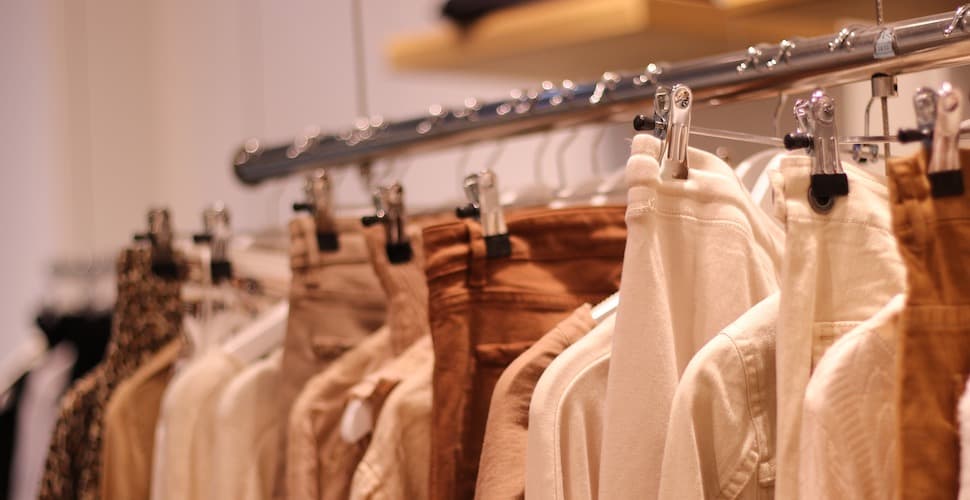Poor supply chain transparency remains a serious issue among the world’s largest fashion companies, but mass-market brands are outperforming their luxury rivals.
The latest report from activist organization Fashion Revolution ranks 250 of the world’s largest brands according to the Fashion Transparency Index, which measures how much information they make available on supply chain issues—including how workers are treated.
Marks and Spencer, Adidas, and Patagonia were among the mass-market brands that scored highly on the index, with H&M taking the top spot. Luxury brands including Tom Ford and Max Mara, meanwhile, were some of the lowest-ranked brands in the report.
However, Fashion Revolution—which was founded in 2013 after Bangladesh’s Rana Plaza disaster—stressed that transparency, on the whole, remained dire, with an average score of 23 percent across the brands audited.
Brands continue to evade questions over forced labor in their supply chains, with public reporting rare when it comes to supplier names or worker wages.
While transparency does not in and of itself ensure that workers are free from exploitation, it is a crucial step towards addressing it and holding companies accountable.
The i reports:
Fashion Revolution stressed its index does not audit the performance of brands against ethical or sustainability goals, but said a brand’s unwillingness to publish detailed information could be an indicator that such issues are not priorities. Tom Ford, Max Mara and Pretty Little Thing did not respond to a comment request from i.
“We know that exploitation – whether of the environment or human rights – thrives in hidden places,” Fashion Revolution founder Carry Somers told i. “Transparency is really important in order to hold brands and retailers to account.”
The coronavirus pandemic and subsequent lockdowns, have exacerbated existing modern slavery risks in the fashion industry, with textile workers bearing the brunt of the clothing sales have taken a sharp downturn.
The declining sales have led some brands to refuse to pay suppliers for orders placed prior to the pandemic, which in turn has impacted those suppliers’ ability to pay their workers—drastically increasing modern slavery risks.
But fashion brands continue to evade responsibility for workers’ suffering—and with limited transparency, it is difficult to work towards addressing the issue.
You can read Fashion Revolution’s full report here.
Why not write to your favorite brands and ask them what they’re doing to protect workers in their business and supply chains? Let us know how they respond in the comments below!







Freedom United is interested in hearing from our community and welcomes relevant, informed comments, advice, and insights that advance the conversation around our campaigns and advocacy. We value inclusivity and respect within our community. To be approved, your comments should be civil.